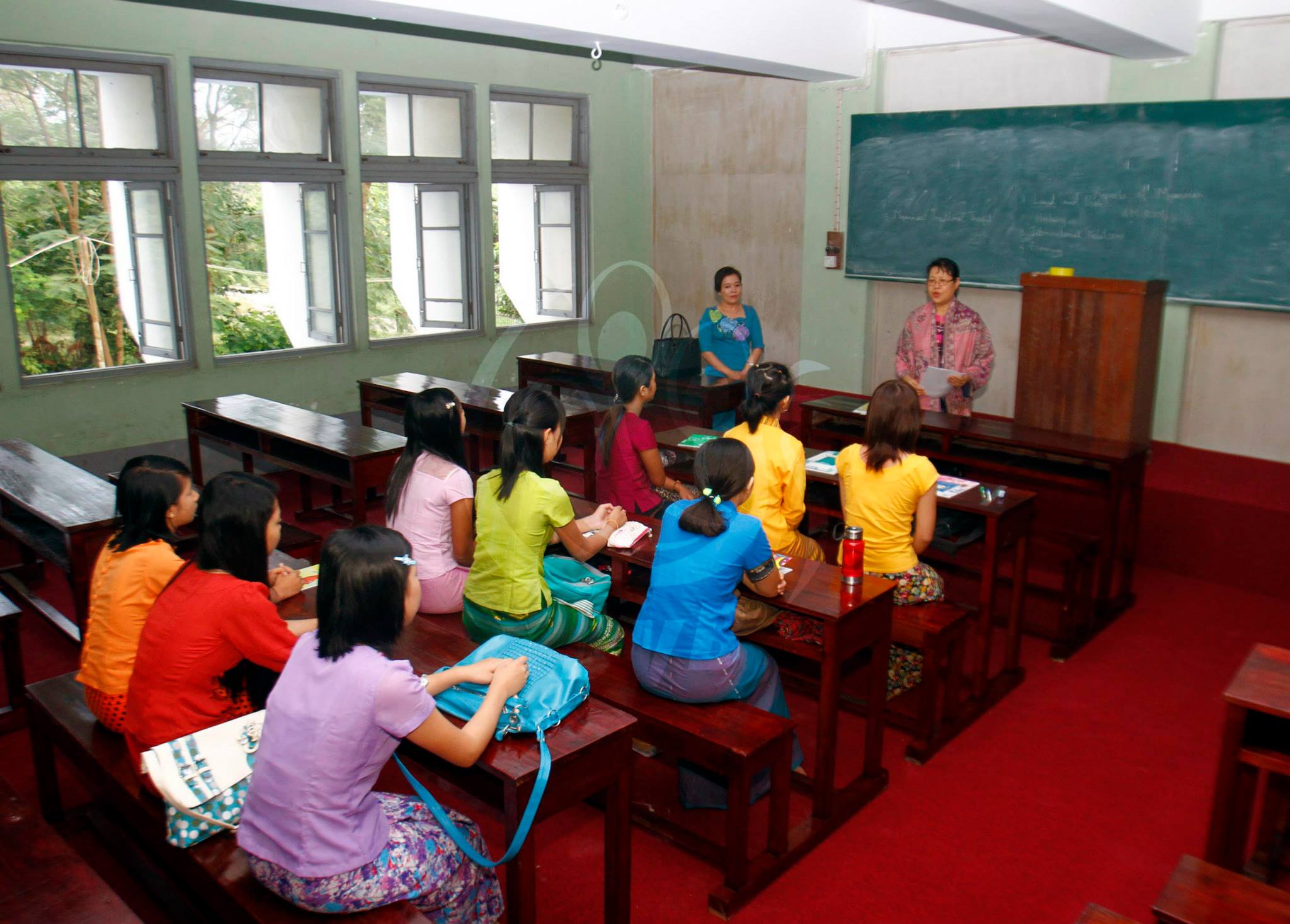Rangoon University reopened for a new term on Thursday, but this time with undergraduates attending classes in antiquated classrooms for the first time since 1996.
The university has been at the centre of civil discontent throughout its history. When US President Barack Obama delivered a speech here over a year ago, he stood in the same place where the nationalist movement to end British rule once began. It was also here that independence hero Aung Sang and UN Secretary-General U Thant received their degrees.
In 1988 it was students, many of whom studied at Rangoon University, who took to the streets to demand democracy. They were quickly joined by tens of thousands of other Rangoonites, but the subsequent crackdown on protestors left hundreds dead; many were more captured and jailed in the witch-hunt that followed.
[related]
The university was closed down and the gates were padlocked. For years it lay fallow, overgrown with weeds, and littered with dust and cobwebs. It was reopened sporadically over the years but would never again hold 60,000 students as in decades gone by. It took in graduate students but has never offered undergraduate courses until now.
In fact only 1,000 students have been accepted for this term – 50 for each of the 20 disciplines.
One new student, Myo Myint Tun, told DVB when he was accepted in August that studying at the prestigious institution had been his dream for years.
While Burma was under military rule, just 1.3 percent of the country’s budget was spent on education, compared to 25 percent for defense. However, since President Thein Sein took office, spending on education has increased from US$340 million in 2011 to $1 billion this year.



